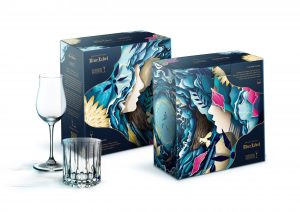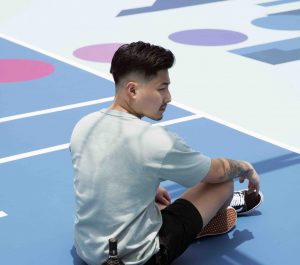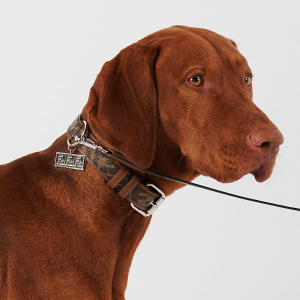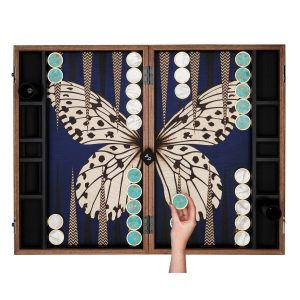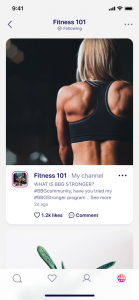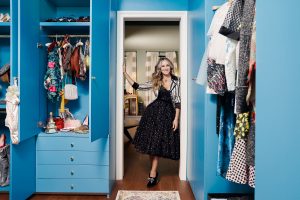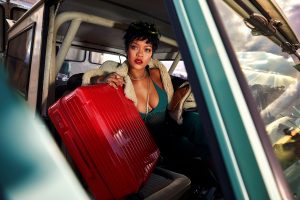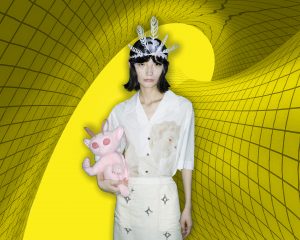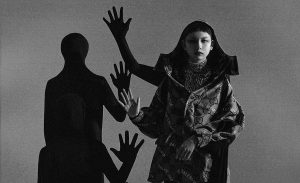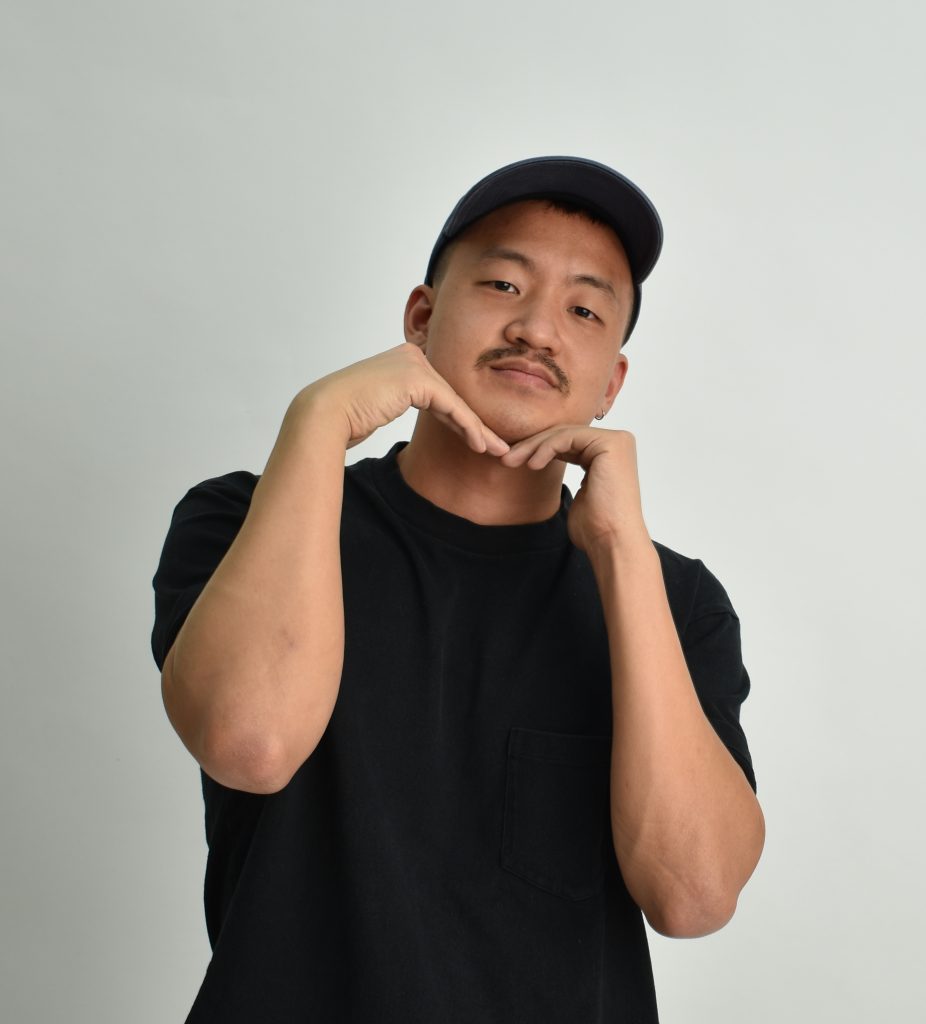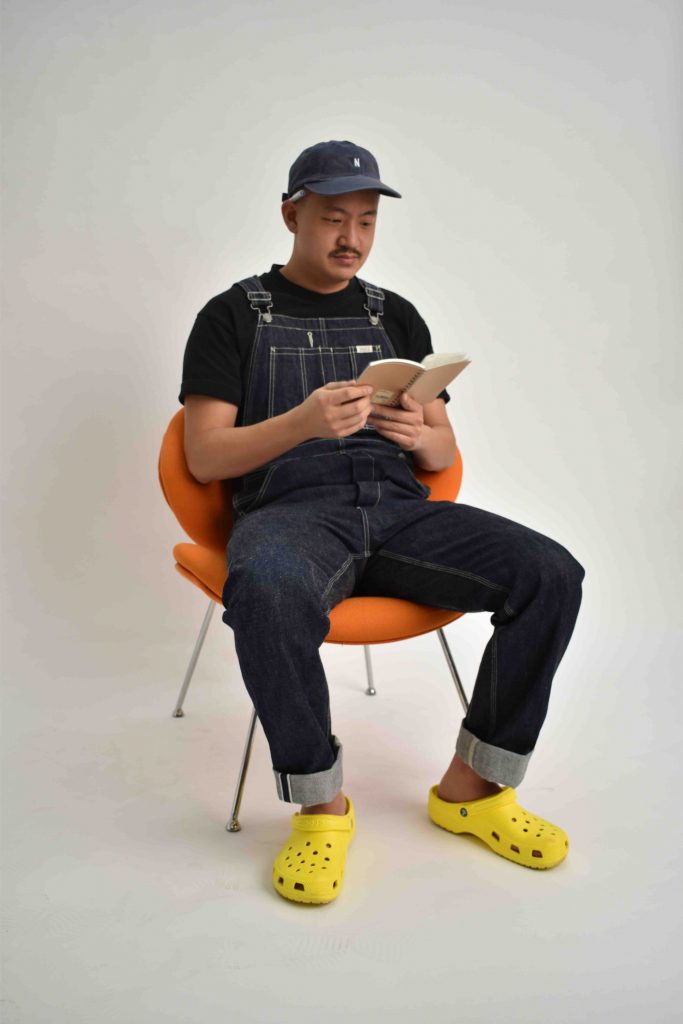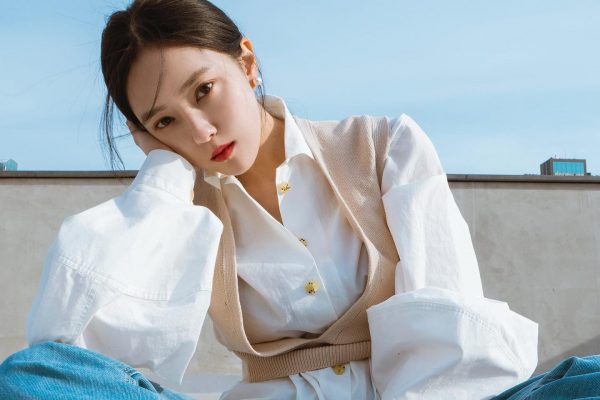#entertainment
Interview: Stand-up Jordan Leung on being Asian on the international stage
BY Uniserve
May 18, 2022
Whether you’re a born-and-bred Hongkonger, third-culture kid or a recent transplant, chances are you follow at least one – if not all – of the accounts on these pages. Comedy influencer Jordan Leung tells Stephenie Gee what it means to be Asian on Instagram
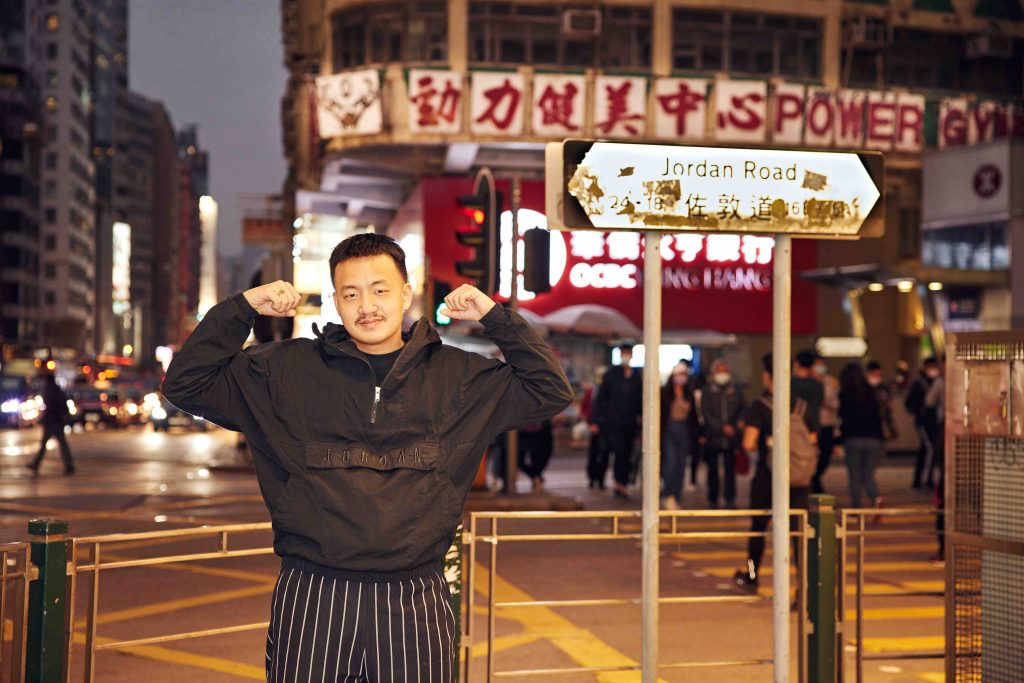
It’s only been two years since Jordan Leung, aka @69ranch, returned to Hong Kong and he’s already making a name for himself in the local comedy scene. The self-described shy, timid kid studied stand-up while in graduate school in New York, wanting to hear comedy he could personally relate to. After returning home in the wake of the pandemic, he struggled at first with his limited and outdated Cantonese but soon realised he could relate to the audience in ways his expat counterparts could not. It seems to be working: Leung has since amassed more than 20,000 Instagram followers with his memes, skits and stand-up clips that highlight everything from the city’s social phenomena and culture to the experiences of the Chinese diaspora.
Performing in the US and performing in Hong Kong, what are the main differences and how does the comedy scene differ?
There are quite a few differences but I’ll mention the two biggest ones. Culture is a big deal – there’s a different set of “political correctness” rules. In the US, the sensitive subjects tend to be anything touching the lines of identity politics, such as race/gender/sexuality, while in Hong Kong the sensitive subjects are related to the government. The other huge thing is just the development of the comedy scene. The US has more established routes and options for comedians to progress and develop, whereas, in Hong Kong, there’s a very huge gap between Dayo Wong selling out Hong Kong Coliseum and me and my peers doing comedy shows on the weekends. If I was in the US right now, I might be touring the country doing different shows, but because I’m in Hong Kong I’ve been forced to run this content creator/KOL sort of route to progress my career.
What kind of jokes works well for local audiences?
I like to think that my jokes that touch on very Hong Kong subjects are the most well-received. I think presenting Hong Kong culture in an international format is something that I try to do – some of the best Hong Kong content creators simply make no sense and are unwatchable if you’re not from Hong Kong, so I want to try and create a balance where people not from Hong Kong can also watch and understand our culture a bit more.
What’s the Cantonese comedy scene like and how is it different from the English scene?
Audiences receive the same topics a little differently – I generally have to tone down my sexual jokes in front of Cantonese audiences, which also tend to be quite defensive. In an English show, if we ask audience members how they met, or what they do for work, they tend to just tell you. But in Cantonese audiences, they like to give bullshit answers like “we met in the bathroom” and “I work… I do stuff… just work .”
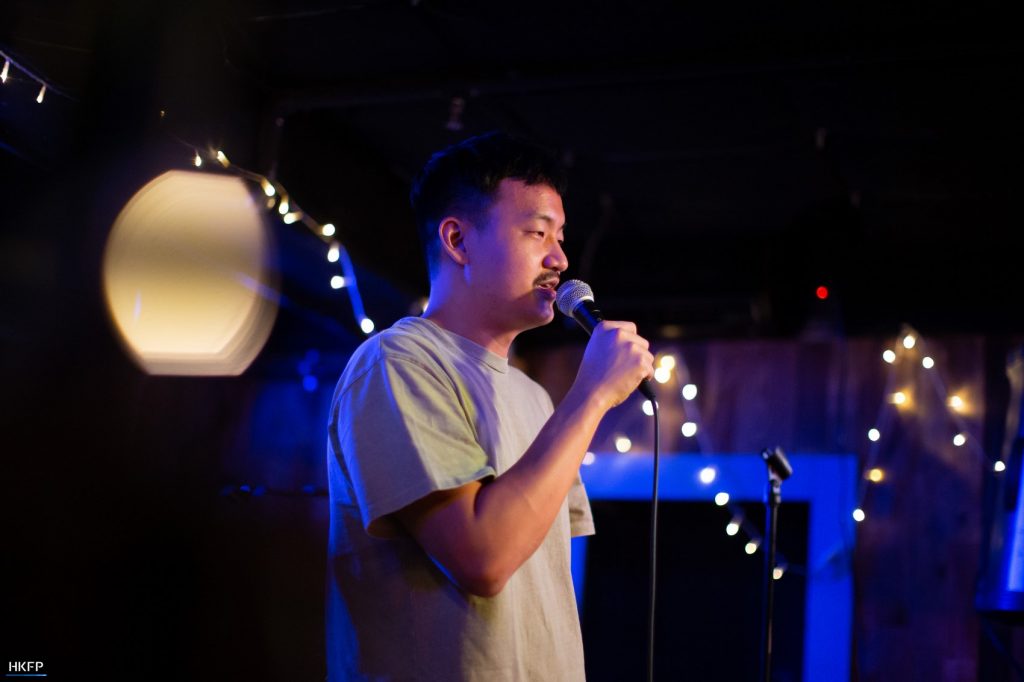
How do you write your jokes and where do you get your inspiration from? A lot of times your jokes are pointing out some glaring elephants in the room or unspoken truths. How do you use humour to couch those maybe uncomfortable facts and situations to others?
When I first started I was a lot more disciplined – I carry a notebook with me everywhere I go and just write down anything that comes to mind. As I’ve gotten better I just write down stuff on my Notes app, and then before the show, I might spend an hour or two writing stuff out. My inspiration is just things that happen in life, from my point of view.
Regarding sensitive jokes, one of the best pieces of advice I got as a comedian was when I pitched a transgender joke to transgender comedian Robin Tran. She told me that my joke didn’t work because the premise was fundamentally false. My takeaway from that was if you’re going to make a joke about a potentially sensitive topic, it has to be well-researched. People can react however they want to be based on their emotions, but if you have a joke grounded on the truth, it’s a lot easier to stand behind.
Also see: Ellen Pau from science to M+ façade art
You tell a lot of Asian jokes – how do you make sure that you’re not self-deprecating or perpetuating Asian stereotypes when you do it? What are some of the aspects of ABC/CBC/BBC that you’re hoping to bring to light?
The country I’m in matters a lot. When I performed in the US I always put myself in the mentality that I’m an Asian comedian, and all the audience sees is that I’m Asian. It’s possible that some other comedians that night made some cheap Asian joke about eating dogs or something, then I felt like when I went up on stage I had to go and redeem the entire Asian population with my comedy. I always had rules for myself to not make cheap Asian jokes or perpetuate Asian stereotypes.
When I moved back to Hong Kong it was a huge load off my back. I stopped putting myself in this box of I’m Jordan Leung the Asian comedian but I’m Jordan Leung the comedian who is from Hong Kong. In terms of the A BC/CBC/BBC, or Chinese diaspora – I’d love other Chinese diaspora people to be proud of both their Chinese heritage and also embrace being a something-born Chinese. From a humour perspective I really hope they can move away from the “wow, my parents are so strict” or “wow, I’m so bad at Chinese, I’m so whitewashed” narrative because there’s a lot to be proud of, and it’s never too late to try and learn your mother tongue if you give a genuine effort.
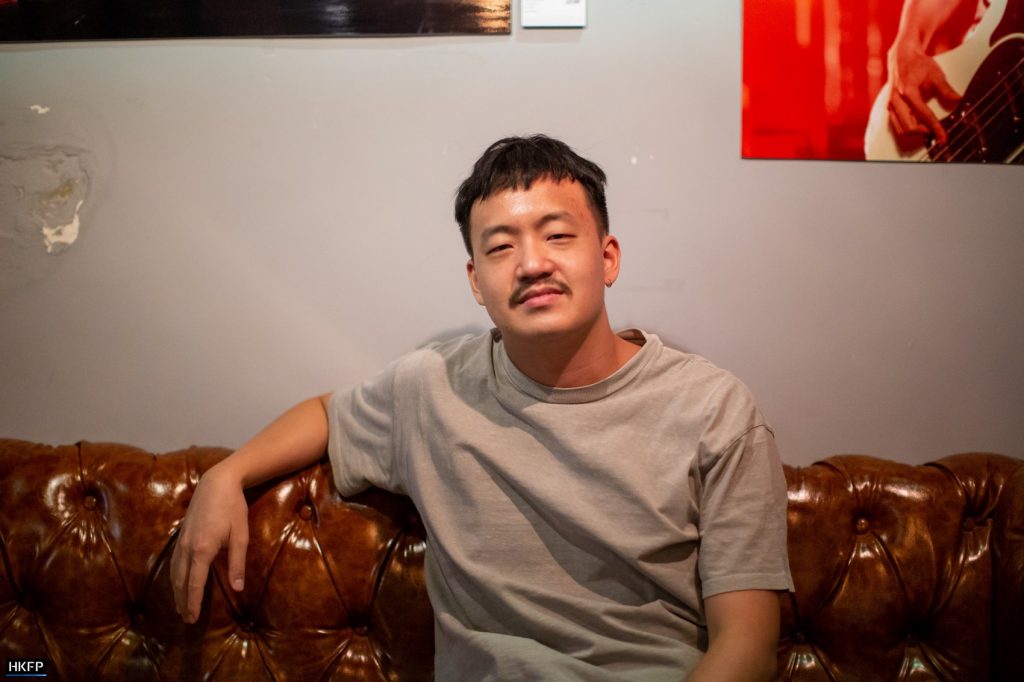
How did you reconnect with the local culture?
Performing in Cantonese was difficult because I only used Cantonese in very “proper” settings – with family, family friends, at restaurants and so on, and my vocabulary was missing any new slang or phrases that came up in the last 10 years. When I came back I made it a point to only hang out with local Cantonese-speaking people and was genuinely excited to be added to group chats because it gave me a chance to study how Hong Kong people chatted or what they laughed at. When the app Clubhouse was popular, I also used it a lot to practice my Cantonese, and sometimes I would just listen to “blow water” or “9up” channels just to take in more of the language.
How do you hope to celebrate and promote Asian/Hong Kong culture through comedy?
Just being the best comedian that I can be and being true to who I am – someone who is really proud of being from Hong Kong. If people are interested in me they will naturally know where I’m from and what my values are. You don’t have to be like “omg I love rice” and put +852 all over your social media for people to know what you represent.
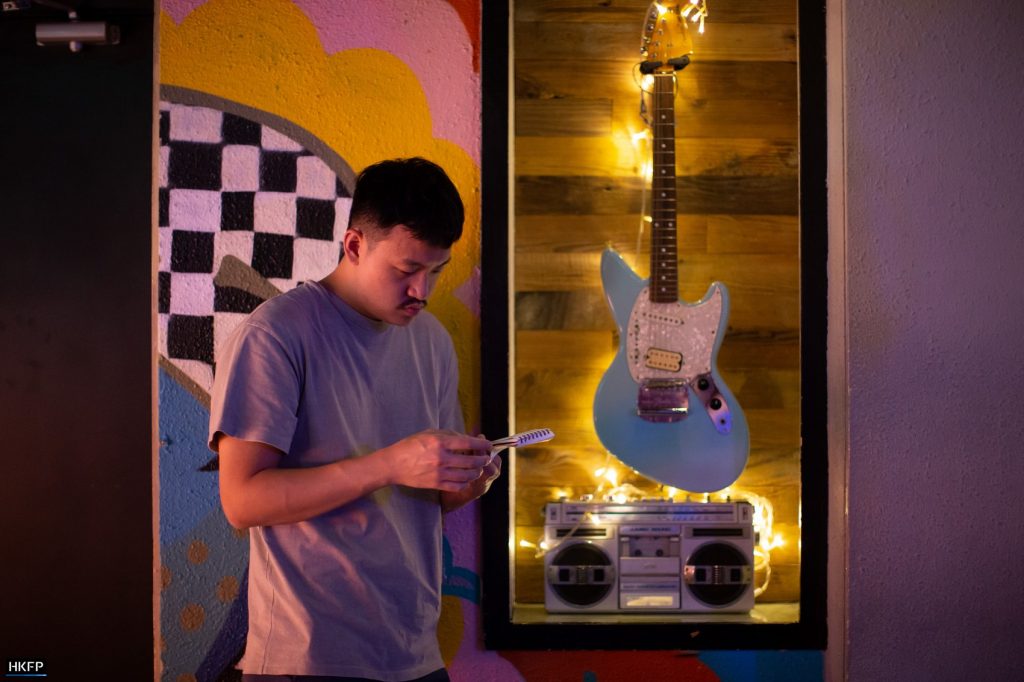
You create memes on your Instagram as well – where do you get your inspiration for those?
It’s very similar to my stand-up comedy – just everyday life things. I always joke that I hate when people call me a meme page because I’m not a meme page. It’s just memes are a kind of content where the effort-to-engagement ratio is much higher than posting a stand-up clip.
What are your plans for the future? Do you want to stay here or return to the US?
In the short term, I plan to stay in Hong Kong. I’m currently working at 9GAG and we’re working on our own Web3 project. Eventually, I do want to return to the US, New York City in particular, just to see how I measure up.

